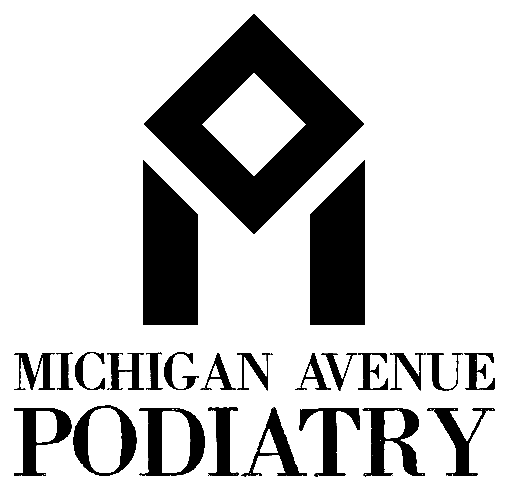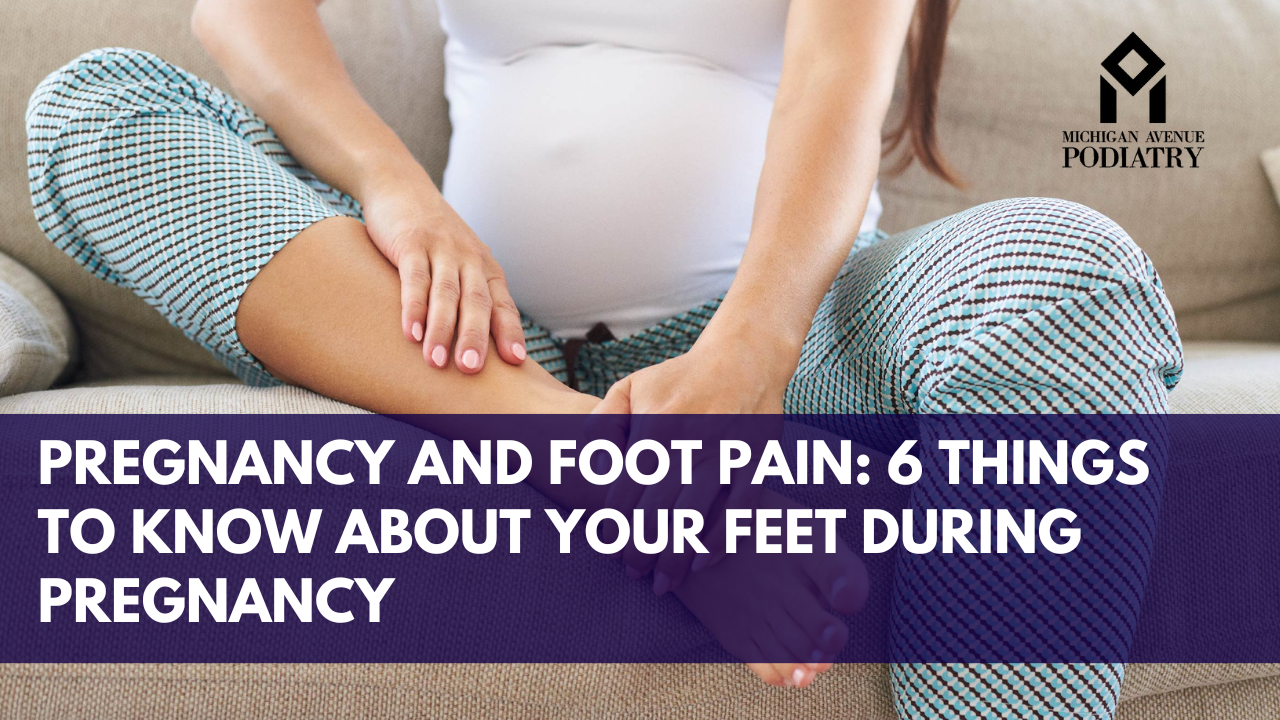Pregnancy is a beautiful journey that brings about numerous changes in a woman’s body, including her feet. Foot pain during pregnancy is a common concern that many expectant mothers experience. Understanding the causes and effective management strategies can help alleviate discomfort and promote overall well-being. In this informative guide, we’ll explore six essential things to know about foot pain during pregnancy, providing valuable insights and expert advice from podiatrist experts and foot doctors.
- Understanding Pregnancy And Foot Pain: Foot pain during pregnancy can manifest in various forms, including arch pain, heel pain, swelling, and discomfort in the toes. These symptoms are often attributed to hormonal changes, weight gain, and increased pressure on the feet due to the growing uterus.
- When Does Foot Pain Start in Pregnancy? Foot pain can start at different stages of pregnancy, with many women experiencing discomfort in the second and third trimesters. As the weight of the baby increases, so does the pressure on the feet, leading to swelling, achiness, and fatigue.
- Causes of Foot Pain During Pregnancy: Several factors contribute to foot pain during pregnancy, including:
- Weight Gain: The additional weight gained during pregnancy places increased stress on the feet and ankles.
- Hormonal Changes: Hormonal fluctuations can cause ligaments in the feet to relax, leading to instability and discomfort.
- Swelling: Edema, or swelling of the feet and ankles, is common during pregnancy due to fluid retention and reduced circulation.
- Changes in Foot Structure: The arches of the feet may flatten or collapse under the added weight, leading to conditions such as plantar fasciitis or flat feet.
- Coping Strategies for Pregnancy-Related Foot Pain:
- Wear Supportive Footwear: Choose shoes with good arch support, cushioning, and a wide toe box to accommodate swelling.
- Elevate Your Feet: Elevating the feet above heart level can help reduce swelling and improve circulation.
- Practice Gentle Exercises: Engage in low-impact exercises like swimming or walking to promote circulation and reduce foot discomfort.
- Use Orthotic Inserts: Custom orthotic inserts can provide additional support and stability for the feet during pregnancy.
- When to Consult a Podiatrist: If foot pain persists or becomes severe during pregnancy, it’s essential to consult a podiatrist or foot doctor for evaluation and treatment. They can assess the underlying cause of the pain and recommend appropriate interventions to alleviate discomfort and promote foot health.
- Expert Advice from Podiatrist Experts: Podiatrists specialize in diagnosing and treating conditions affecting the feet, including pregnancy-related foot pain. They can provide personalized recommendations and treatment options tailored to your specific needs, helping you navigate foot pain during this transformative time.
Conclusion: Pregnancy is a joyous journey, but it can also bring about challenges such as foot pain. By understanding the causes of foot pain during pregnancy and implementing effective management strategies, expectant mothers can enjoy greater comfort and well-being throughout this special time. Consultation with podiatrist experts and foot doctors can provide invaluable support and guidance in addressing pregnancy-related foot pain, ensuring optimal foot health for both mother and baby.
To schedule an appointment with our board-certified foot and ankle specialists, Book Your Appointment Now




